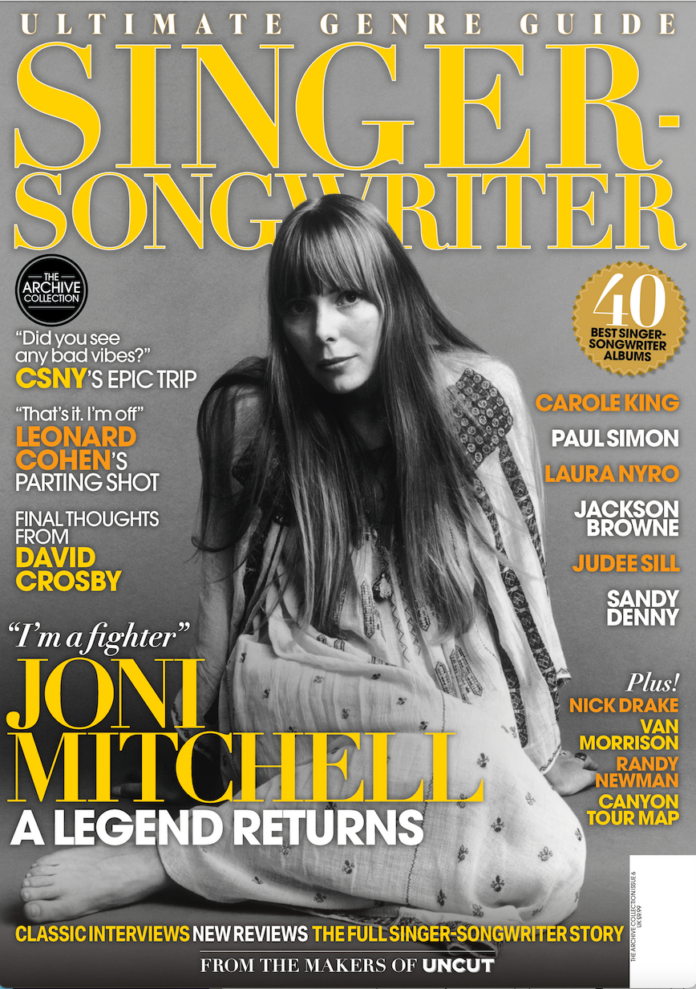My first meeting with a giant in the field of singer-songwriting wasn’t in an LA canyon, but somewhere on a hill outside San Francisco. Tasked 25 years ago with interviewing Neil Young for NME, myself and a photographer took a long taxi ride outside the city and up to what was then apparently one of Neil’s incognito hangs – a homey restaurant within a wooded area called the Mountain House. As we pulled up and stepped out of the taxi in our unCalifornian black clothing, we were greeted by a genial voice: “Great,” it announced, wryly. “The English are here!”
My first meeting with a giant in the field of singer-songwriting wasn’t in an LA canyon, but somewhere on a hill outside San Francisco. Tasked 25 years ago with interviewing Neil Young for NME, myself and a photographer took a long taxi ride outside the city and up to what was then apparently one of Neil’s incognito hangs – a homey restaurant within a wooded area called the Mountain House. As we pulled up and stepped out of the taxi in our unCalifornian black clothing, we were greeted by a genial voice: “Great,” it announced, wryly. “The English are here!”
This, of course, was Elliott Roberts, then 30 years into a role which he occupied for over half a century, quietly influencing the careers of the most single-minded and ungovernable artists in music history: Neil Young of course, but also Crosby, Stills and Nash, and our cover star, Joni Mitchell. These artists, their contemporaries, kindred spirits and fellow travellers like James Taylor, Carole King, Judee Sill and Jackson Browne are at the heart of this publication.
They are also what we think of when we talk about the art of the singer-songwriter: the song as an investigation of the self, a discovery of emotional truths. Geographically and metaphorically it was an escape from the crowd: the old bands, and the old ways of doing things. As much as it was about the individual writer, it was also about a wider empathy: a tuneful and engrossing pursuit which won its musicians millions of fans all over the world.
In this magazine, you will of course read about the Canyon artists – the mismatch between turbulent life and melodious, easy-listening music of James Taylor is a particularly extraordinary treat – but you will also read in-depth reviews of artists who didn’t easily sit within the west coast songwriter circle.
There’s impressive new and recent writing on the resolutely east coast Laura Nyro, whose work so enraptured the young David Geffen, and helped point his road ahead. Present also are new opinions on unclubbable visionaries like Van Morrison and Tim Buckley, and the quietly spectacular Paul Simon. Joni Mitchell connected Leonard Cohen to the Laurel Canyon scene, but his troubled relationship with his muse was destined to sit uneasily within it, despite the best efforts of David Crosby. You’ll find what amounts to last words on the scene from Croz at the back of the magazine.
“And then there was Joni,” he says. “Formidable talent doesn’t even begin to describe it, she was the best of us. She’s absolutely the best singer-songwriter of our time.”
You can find yourself a copy here.



